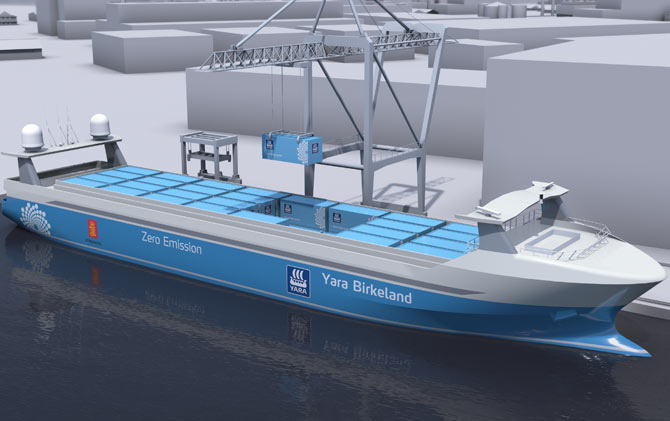Swiss energy storage company, Leclanché SA has announced its interim results for the first half of 2018. The company says it has doubled revenues compared to H1 2017, from US$10.8 million to $22.7 million. This puts the company’s financial development in line with its projection to double revenues for the full year 2018, compared to 2017.
While normalized EBITDA has decreased from a loss of $9.8 million in H1 2017, to a loss of $17.4 million, Leclanché says EBITDA, in relation to the percentage of revenues, has decreased over the same period. As such, it lost a total of -$23.4 million, due to ‘one-offs’ and ‘non-recurring’ payments.
The company does highlight, though, that this is at least partially related to increased inventories from $12.6 million to $23.6 million over the last 12 months. This, and the fact that other operational expenses increased, through for example the hiring of 45 new staff to meet the increased demand for Leclanché’s products, have impacted on EBITDA.
Anil Srivastava, CEO of Leclanché, said, “2018 is a year of transition for Leclanché as we deliver on our stated growth strategy. Thanks to the significant investments made in the past three years under the Growth Plan announced in 2015, the Leclanché team is now demonstrating its solid ability to deliver large-scale landmark projects. We are on track to hit the milestone of 100 MWh of stationary storage projects in operation by end 2018, and completing tests for Electric Bus Battery Packs in India with Sun Mobility, a leading Electric Vehicle Systems Integrator in India and Europe with Skoda Electric.”
Reportedly, Leclanché has secured comprehensive financing to 2020, when the company again expects to return to a positive EBITDA. For example, FEFAM, its largest stakeholder has committed $76.7 million in direct corporate funding and an additional $50 million in an M&A facility to finance acquisitions and joint ventures in e-mobility and stationary grid storage systems.
Also, in cooperation with FEFAM, $16.9 million of Leclanché’s debts had been converted into equity, with an additional $55 million planned to be converted into equity by Q1 2019. Allegedly, this move will reduce the company’s current debt by 75%.
Leclanché further highlights its recent business achievements. These include various C&I and utility-scale projects in Canada, the acquisition of software service company acquisition, IDI, and a focus on e-mobiltiy. Aside from electric vehicle projects, the company also said it is cooperating with Norway's Kongsberg Maritime ASA to deliver battery systems for use in cargo vessels. The first project, to be jointly developed, will be Yara Birkeland. By the company’s account, it will be the world’s first autonomous and electric container vessel.
The vessel will be a 120 TEU (Twenty-foot Equivalent Units) open top container ship. It will be a fully battery powered solution, prepared for autonomous and unmanned operation. The vessel will reduce NOx and CO2 emissions by reducing diesel-powered truck transport by around 40,000 journeys per year, says Leclanché.
During the first stages of the project, the ship will have a modular bridge for navigations, though Kongsberg Maritime says that it will be removed when autonomous navigation is ready for use.
The autonomous ship will sail within 12 nautical miles from the coast, between three ports in southern Norway. The part of the area carrying most of the ship traffic is covered by The Norwegian Coastal Administrations' VTS system at Brevik. The distances between the ports are Brevik – Herøya approximately seven nautical miles and Herøya – Larvik approximately 30 nautical miles.
This content is protected by copyright and may not be reused. If you want to cooperate with us and would like to reuse some of our content, please contact: editors@pv-magazine.com.




2 comments
By submitting this form you agree to pv magazine using your data for the purposes of publishing your comment.
Your personal data will only be disclosed or otherwise transmitted to third parties for the purposes of spam filtering or if this is necessary for technical maintenance of the website. Any other transfer to third parties will not take place unless this is justified on the basis of applicable data protection regulations or if pv magazine is legally obliged to do so.
You may revoke this consent at any time with effect for the future, in which case your personal data will be deleted immediately. Otherwise, your data will be deleted if pv magazine has processed your request or the purpose of data storage is fulfilled.
Further information on data privacy can be found in our Data Protection Policy.